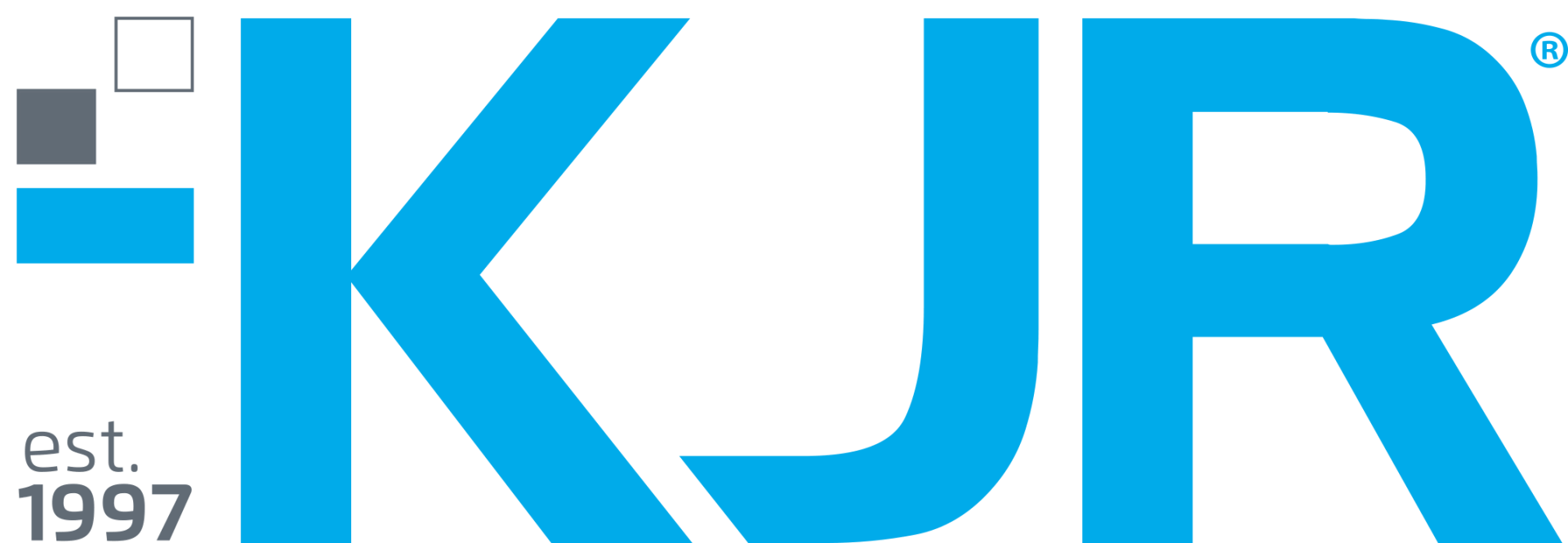The software that changed the world
Over the course of history, advances in software have revolutionized how we think, act, and even how we feel. And the speed at which technology is evolving shows no sign of slowing down. In fact, according to last year’s World Economic Forum, we’re heading into a ‘second machine age’. Before we march into a future where taxis can fly and scientists can print us out a new heart, let’s take a look back at the revolutionary software systems that have changed the fabric of our society (for better or for worse).
Taylor-made for revolution
Imagine a world without a PC or the internet. Well, that’s where we’d be without Robert Taylor. While working at the Pentagon in 1966, Taylor found himself increasingly frustrated with the clumsy file-sharing and messaging systems in place. So, he and his team developed ARPANET, the first network that allowed computers to speak to one another across the country – a concept that would later evolve into the World Wide Web. A few years later he developed the Alto, the first computer that acted as an individual workstation aka the pre-cursor to the PC (Taylor was a busy guy). The guys over at Microsoft and Apple couldn’t help but notice and tinkered with the idea until it took off, thus revolutionising the way we communicate.
Head-in-the-cloud thinking
ARPANET didn’t just open up communication, it let us store data safely across multiple locations. And, as the internet continued to speed up, cloud technology expanded with it. ‘From a business standpoint, cloud has cheapened the cost of ownership to the point where medium-sized businesses can now afford to test software,’ says KJR’s New South Wales General Manager Adam Bird. This, in turn, has led to an explosion of app innovation that’s changing how we plan, how we travel and even how we eat (not to mention, how we date).
But there’s so much more to come. ‘You’re also getting these revolutions around digital identity and a democratisation of data that have the potential to blow open old business hierarchies,’ says Adam. New ‘blockchain’ technology (that allows digital information to be distributed, but not copied), when it’s ready, could decentralise data to the point where it will alleviate the need for a few massive companies to facilitate major finance, contract work and even voting. Basically, it could change the world.
Going viral
It comes as no surprise that each step forward brings a new set of privacy concerns and security risks. In the late 80s the Swiss Cracking Association (SCA) spread the first major computer virus using floppy disks. All the SCA virus did was lodge itself on your computer and blink a message saying: ‘something wonderful is happening, your computer is alive!’ Unfortunately, it inspired every bit of malware that’s ever ruined your day (or possibly taken down a government). Hindsight is a wonderful thing.
Tread lightly
Radically decentralising data could save incredible amounts of time and disrupt the balance of power between individuals and institutions. But Adam warns we need to be cautious. ‘A few years ago, banks started throwing millions into blockchain well before it was ready and they basically just stung themselves for a blockchain PR campaign’.
A timely reminder, that while it’s easy to get swept up in the excitement of a new era – it’s wise to first form an agile test management strategy before parting with your hard-earned investment dollars. Then, you can go about setting the next software revolution in motion.
Feel free to contact our team with any questions 1300 854 063 / info@kjr.com.au








